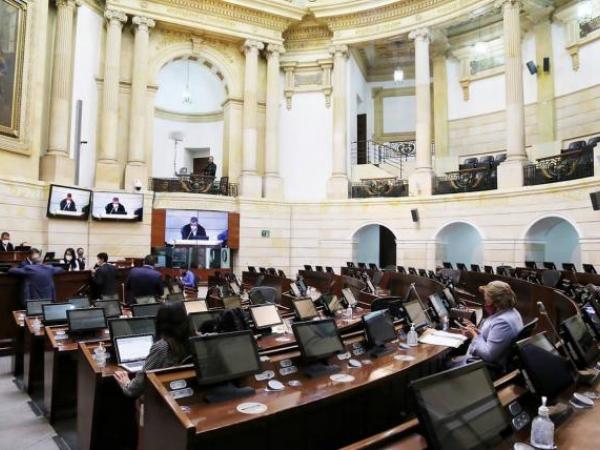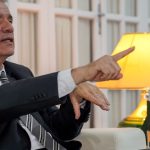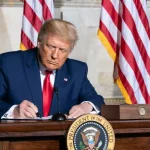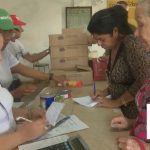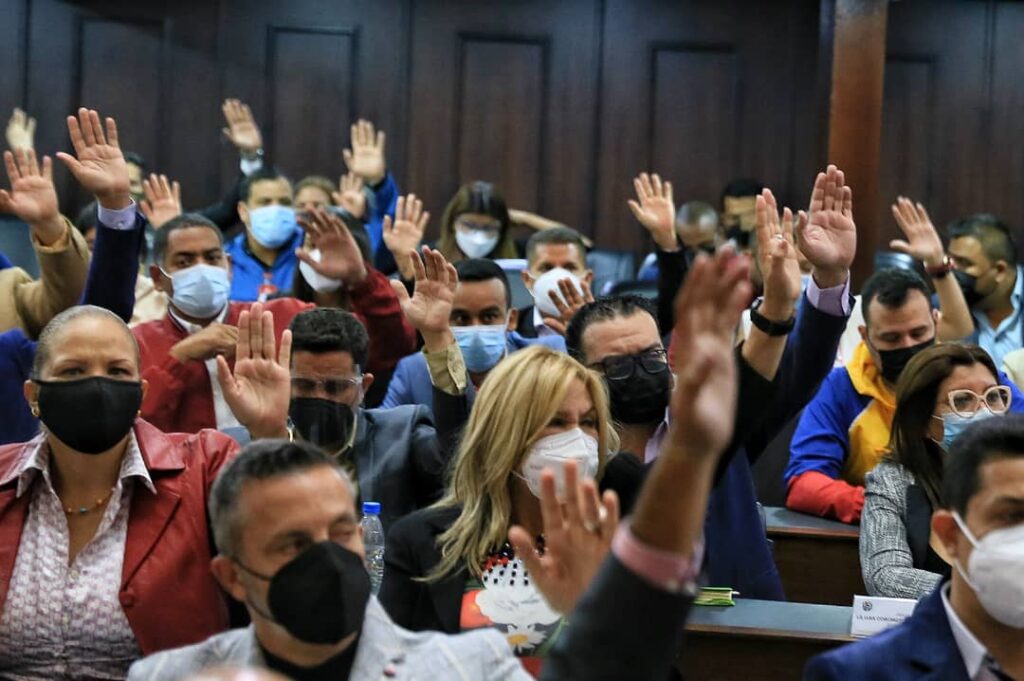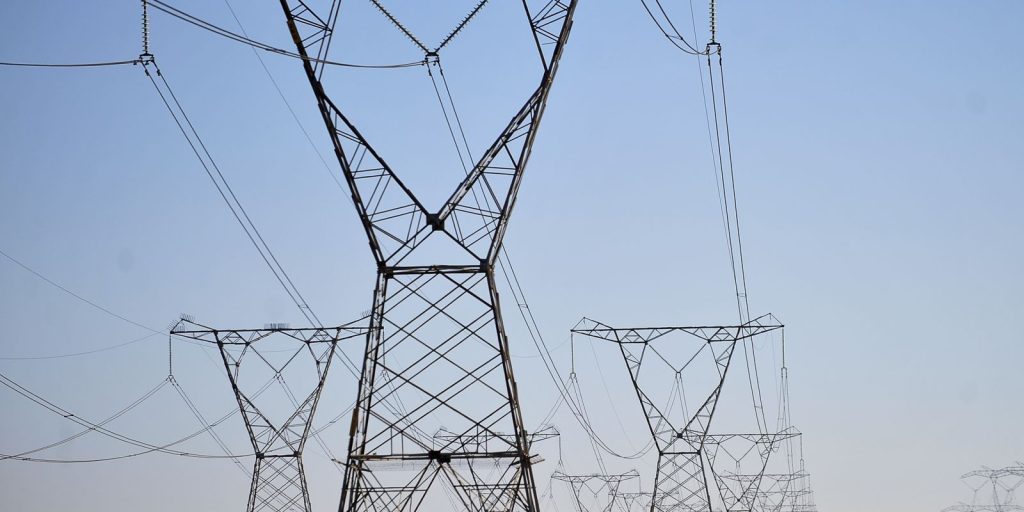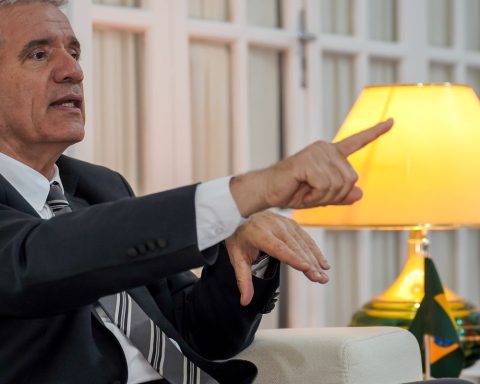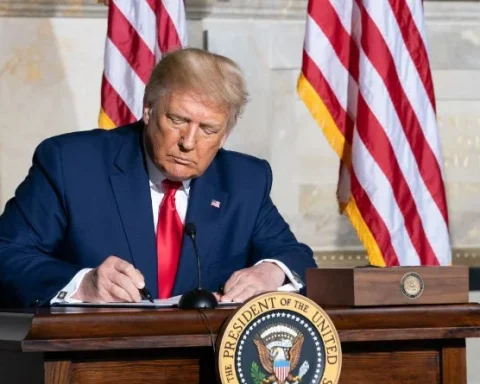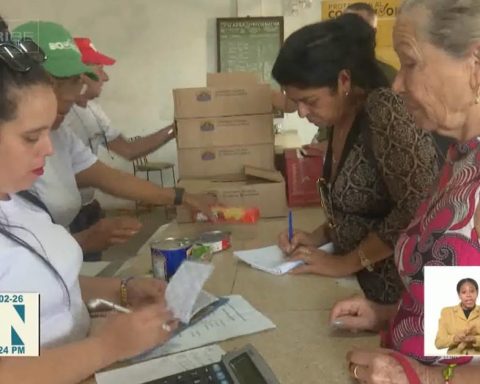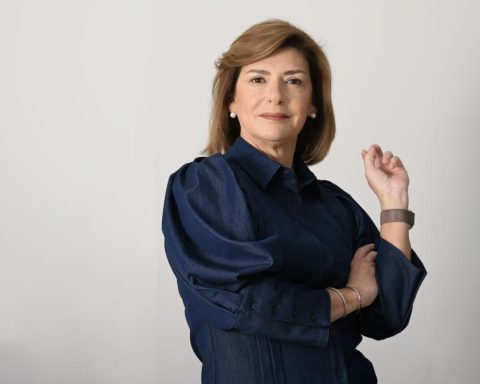The Congress for the period 2022.2026 was formed on Sunday of last week, and the members of the Legislative will have to face on this occasion an agenda focused on promoting laws that help the country return to economic sustainability after the crisis of the last two years.
(Read: What happens with complaints about possible irregularities in the pre-count of votes?).
The presidential campaign, which will hold its votes on March 29, has already focused on economic issues, such as pensions, employment and taxes, so the Senate and House they won’t be able to stay behind.
In fact, according to the latest survey of invader, when citizens were consulted about what they consider to be the main problem facing the country at the moment, the majority (34%) referred to unemployment and the economy. Hence, the new Congress has to address not only the economic issues on the agenda that the new government will promote, but also the package of pending structural reforms, such as labor, pension, and tax and fiscal reforms.
However, in the formation of the new Congress, only 4.5% of the members have a basic education in Economics. Most of them are lawyers or business administrators, among other professions and trades.
(Read: Qualifiers, with the magnifying glass on elections).
THE SENATE
Portfolio examined the profiles of the 102 senators who were chosen in the last elections, and managed to review the academic and professional trajectory of 97 of them. Only 6 of the senators are economists.
Among them is the former Minister of Labor Clara Lopez Obregon, who studied economics at Harvard University (1972) and law at the Universidad de los Andes. Obregón was chosen by the list of the Historical Pact, which was left with 16 seats.
Within the Conservative Party, the other force in the Upper House, also with 16 seats, there are two senators who are economists: Liliana Bitar Castilla, from Cordoba, who is an economist from the Externado University, and in her first political trial she managed to win 114,811 votes . There is also Efraín Cepeda, who has served in the Senate six times, is an industrial economist, and has a specialization in high finance from the Universidad de los Andes.
On the side of the Liberal Party in the Senate is the economist John Paul Gallowho was mayor of Pereira between 2016 and 2019, and also Fabio Raúl Amín, an economist from the Javeriana University, who was re-elected to this corporation and had also been a Representative to the Chamber for the Department of Atlántico between 2006 and 2018.
On the side of the U party there is also Berner León Zambrano, who is an economist from the University of Nariño and has a specialization in Economic Law from the Externado University. Zambrano represented Nariño in the Chamber between 2002 and 2018, the year in which he passed to the Senate, with which he is getting ready for the second term in the upper house.
(What’s more: How much money candidates receive for votes obtained and why).
THE CAMERA
On the side of the House of Representatives, where 165 representatives were chosen by the regions, plus others 16 for the Special Transitory Circumscriptions of Peace (Citrep), there are 6 congressmen who are economists. Of the total of this corporation, this medium was able to review the formation of 171 of them.
Within the Historical Pact entered the economist Erick Adrian Velasco, who was a councilor for the city of Pasto, while Héctor David Chaparro remained within the Liberal Party, for the department of Boyacá. Chaparro was manager of the Boyacá Lottery.
In the Conservative Party, Yamil Hernando Arana, an economist graduated from the Universidad de los Andes, repeats a seat for the department of Bolívar, while the former councilor of Bogotá, Andrés Forero Molina, came to the House of Representatives for the Democratic Center. Forero is an economist from the Catholic University of Chile.
The economist also repeats her seat Irma Light Herrera, graduated from Santo Tomas University. The representative was chosen by the Coalition Mira – Colombia Justa Libres. And from the Centro Esperanza Coalition there is also Jennifer Pedraza Sandoval, recognized for her role as a student leader. Pedraza is an economist from the National University. In the 16 peace seats, for the southern area of Bolívar, the economist Juan Carlos Vargas Soler, a graduate of the Industrial University of Santander (UIS), was elected.
(Keep reading: Elections 2022: results of the Senate and House of Representatives).
BEYOND A TITLE
Although the next Congress will have important economic challenges to face, for the experts, managing this area goes beyond a university degree, and is largely based on their work teams and advisors.
Laura Wills-Oteroassociate professor at the Department of Political Science at the Universidad de los Andes, assured that “it will be important for congressmen to get good advice, to get good technicians and economists to support them in the Legislative Work Units (UTL)”.
Likewise, Carlos Arias, political analyst and professor of the master’s degree in political communication at the Externado University, “the issue is not the number of economists, nor the type of academic training they have, but rather the really important issue is the type of projects that they present and what is the support of those projects”.
According to Arias, “to suppose that a congressman is the only one who structures the entire proposal of a bill is naive”, and maintained that the executive and operative exercise of a congressman. Also, the analyst assured that a specific formation to participate in Congress “would be against democratic political participation”.
LAURA LUCIA BECERRA ELEJALDE
